Dentists and oral surgeons are thankful for the presence of dental surgical extraction forceps in their repertoire of tools. These forceps come in handy when performing a wide assortment of dental treatments, from simpler tooth extractions to more advanced oral surgeries. Moreover, their value is demonstrated when extracting impacted wisdom teeth, performing root canals, and other dental operations.
A selection of forceps crafted with different sizes and shapes exist, ranging from straight-jawed to curved-jawed types, which are usually made from stainless steel, titanium, or some other materials. Utilizing both leverage and force, their specially designed jaws provide a firm grip meaning that dentists and oral surgeons can proficiently remove teeth.
For a successful procedure, it is critical to take the size and shape of the tooth into account when selecting the right forceps. Little teeth may call for smaller forceps while bigger teeth may require larger ones. The complexity of the operation could also factor in, as it might be necessary to use more specialized forceps for a root canal or an impacted wisdom tooth.
The tips of the forceps need to be distinctively pointed and sharp in order for them to clutch the tooth firmly. Furthermore, it is essential that the forceps be able to maintain a tight grip without slipping or incurring any damage to the tooth. Additionally, they must be durable enough to accept the pressures that will be applied during the procedure.
In order to guarantee the utmost safety in the procedure, the forceps must undergo sterilization. This process demands a combination of chlorine bleach and water which should be left for a minimum of twenty minutes. Subsequently, the forceps should be immersed in clean water, followed by a knowledgeable air-drying. Thus, guaranteeing a safe procedure and thorough sterilization.
Taking the proper precautions is a must when employing forceps during a dental procedure; otherwise, the patient may be faced with potential injury. Securely gripping the forceps in the hand will prevent any slipping that could cause trauma, and executing the procedure so as to apply minimal pressure to the tooth. Furthermore, utilizing the forceps with care can help to minimize any irritation to surrounding tissues.
Forceps should never be relied upon as a replacement for expertise and skill; they are merely an extra means of support in the right hands. Patient wellbeing comes first and foremost, and only with correct approaches to dental treatments can this crucial level of safety be achieved. Forceps can be a beneficial supplement, but are only effective when put into practice alongside the proper techniques.
Ultimately, dental surgical forceps are invaluable assets to dentists and oral surgeons alike. Leveraging the force required, these tools can assist in extracting teeth and additional dental structures. As such, special consideration needs to be given to the size and shape of the tooth, as well as the complexity of the procedure, when determining the appropriate forceps. Furthermore, it is essential to devise a proper disinfection regime before use and practice in a manner that can reduce tissue trauma. When employed correctly, dental surgical forceps are apt to enable dentists and oral surgeons to carry out multiple procedures with accuracy and security.
To successfully perform a tooth surgical extraction, dentists must access quality dental surgical extraction forceps. These specialized tools are created to extract teeth while ensuring the utmost safety for surrounding tissue, helping to lessen the chance of harm or injury.
For a successful dental extraction, surgeons rely on forceps specifically designed to remove teeth. Composed of stainless steel, these forceps feature sharp tips and inwardly serrated jaws, granting them secure grasp of the targeted tooth. Different sizes and shapes exist in accordance with the type of tooth needing extraction.
The forceps can be deployed in tandem with additional tools such as elevators or luxators to loosen the tooth from its socket. Following that, they are aptly utilized to pluck the tooth out, or even rotate it, should the necessity arise.
Dental surgical extraction forceps offer a wide range of uses beyond extraction. These specialized tools prove themselves invaluable for procedures such as root amputations, biopsy treatments, and even removing calculus deposits. With their adept gripping capabilities, they enable dentists to provide more detailed and delicate surgeries with precision.
During dental extractions, the size and shape of the forceps are vital for successful outcomes. Comfortably fitting in the dentist’s hand, they should also provide enough grip to securely capture the tooth. Gentle pressure is necessary when utilizing forceps as otherwise excessive force may lead to detriment of tissues and/or cracking of teeth.
Dentists can not only extend skilled care to their patients through the use of a dental surgical extraction forceps, but also maximize its benefits by acquiring one that provides a tight hold on an extracted tooth yet minimizes the risk of tissue damage. By doing so, dental practitioners are able to complete extractions with improved accuracy and finesse, ultimately resulting in a more successful treatment for their clients.
Related Product
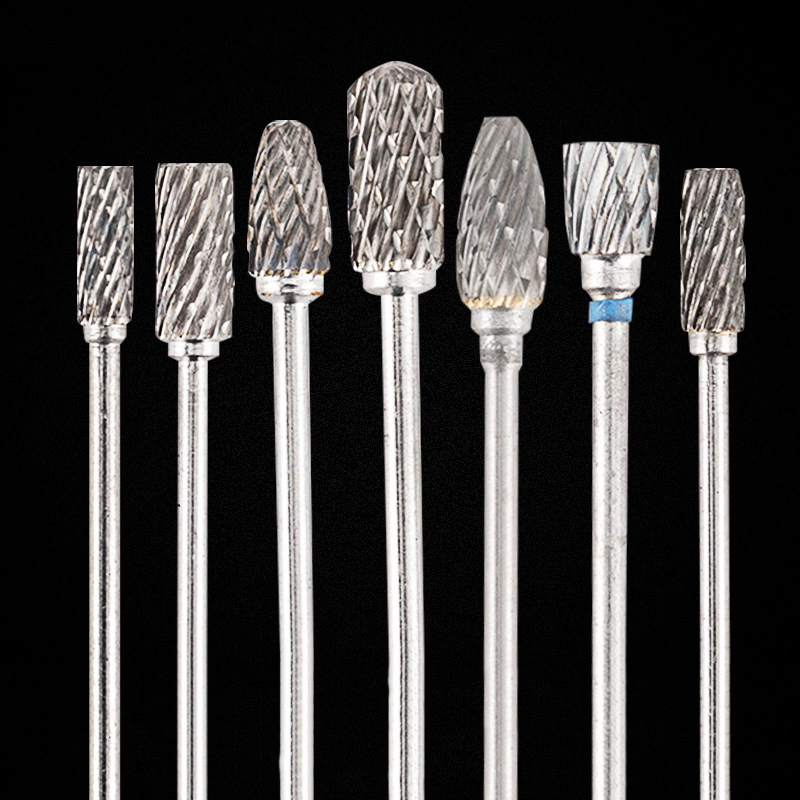
HP Deburring Carbide Burs
Product Information Brand MSK Material Tungsten Steel Model Grinding Head Custom Processing Yes Feature: The dental grinding head is made of tungsten steel with stabl […]
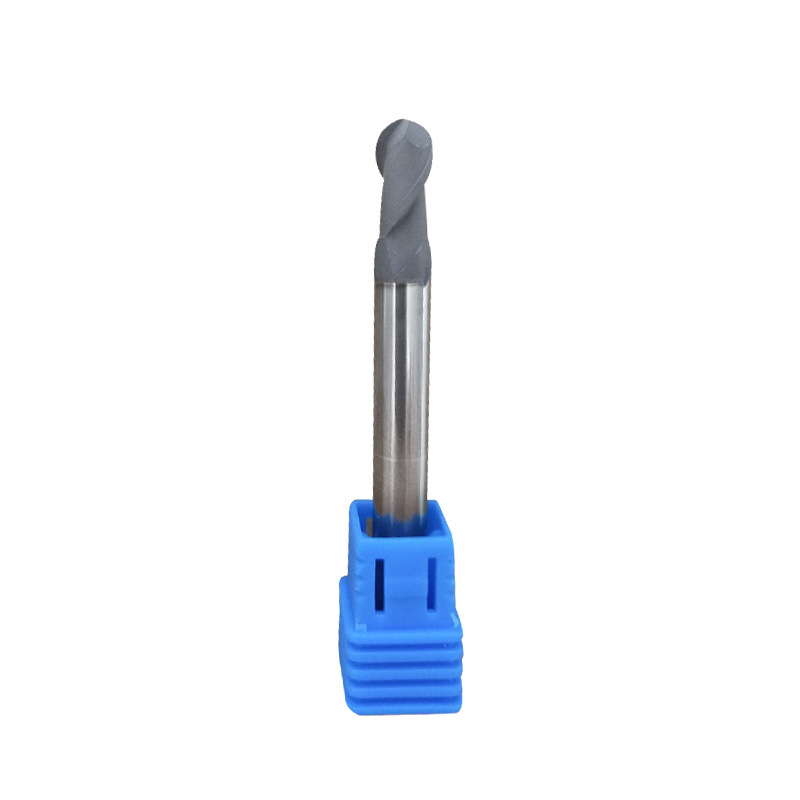
Diamond Coating Round Diamond Cutters
Product Information Origin Tianjing, China Series U Series Brand MSK Cutting Edge Form Helical Structure Ball Diameter (Mm) 3 Material Carbide Minimum Cutting Diameter At Th […]
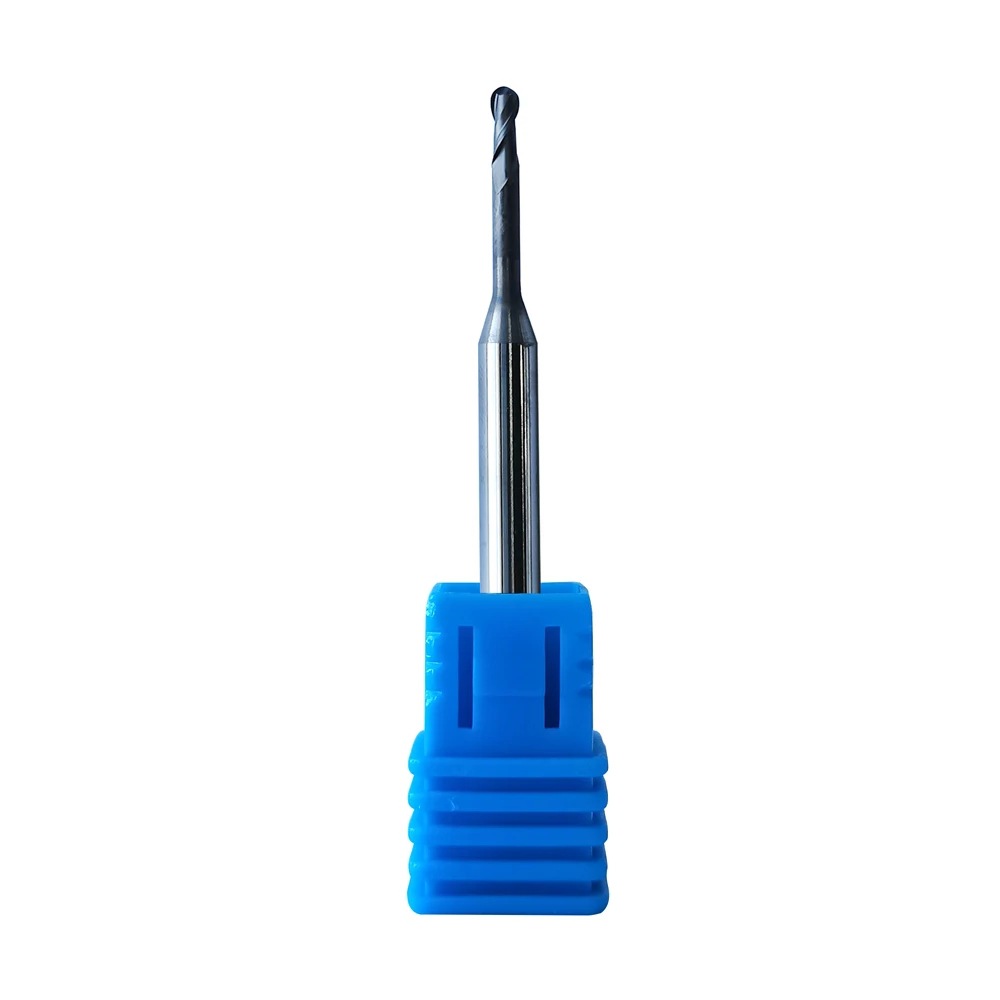
Supply Roland DLC Zirconia Burs
Product Information Origin Tianjing, China Series Dental Bur Brand MSK Cutting Edge Form 2 Blade/3 Blade Ball Diameter (Mm) 0.6, 1, 2 Material Very Fine Grained Cemented Car […]
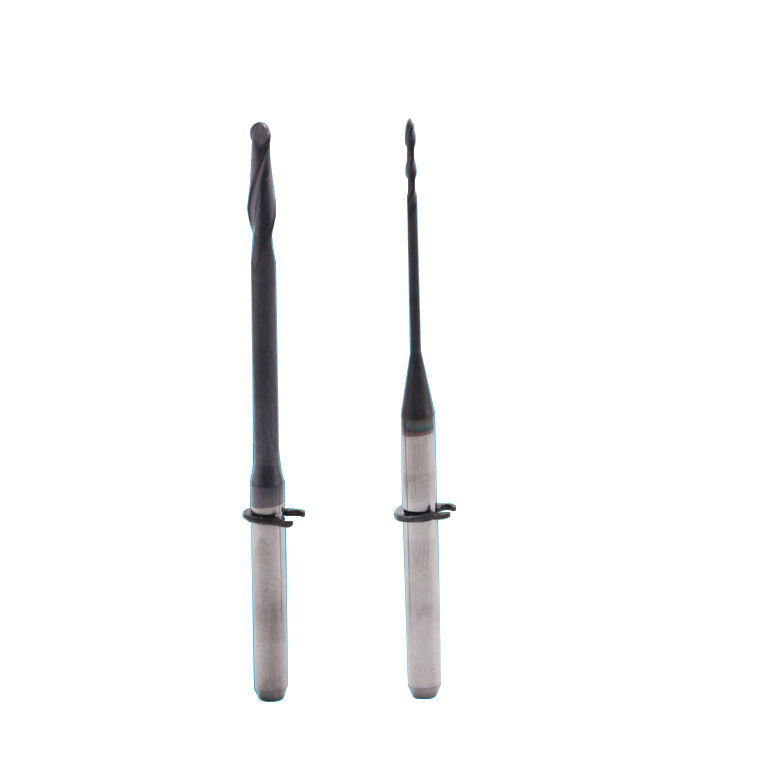
Dental CAD/CAM Milling Burs
Product Information Origin Tianjing, China Material Stainless Steel Brand MSK Applicable Machine Tools A Variety Of Options Custom Processing Yes Whether To Coat No Is It a […]
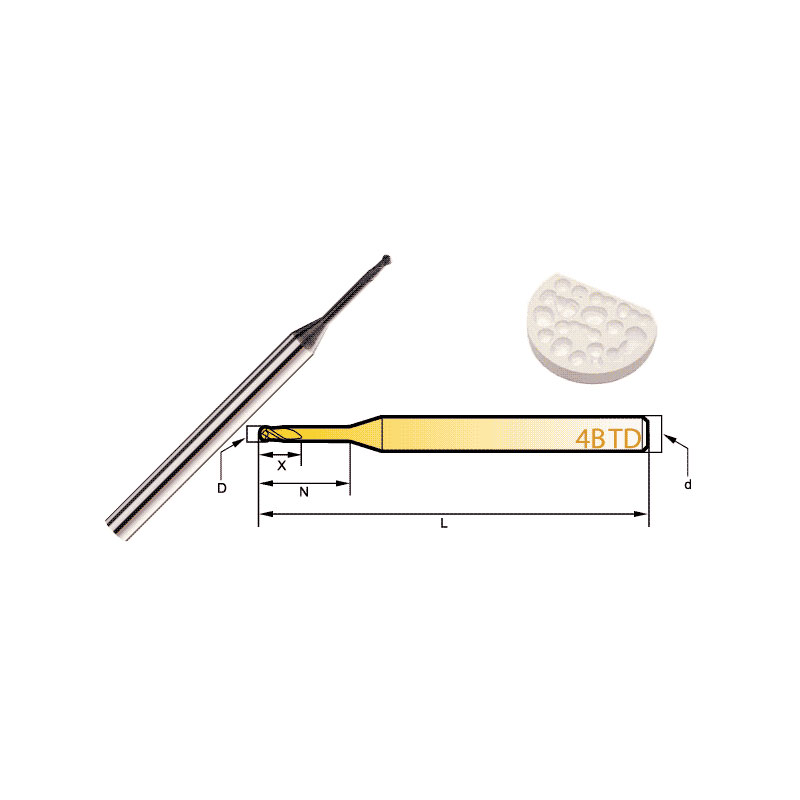
Diamond Bur Ball Round
Product Information Product Name Dental 4-Flute Ball End Mill Brand MSK Model D Number Of BladesZ X N L d 4BTD2060 2 4 6 6 50 3 4BTD2010 2 4 6 10 50 3 4BTD2016 2 4 6 […]
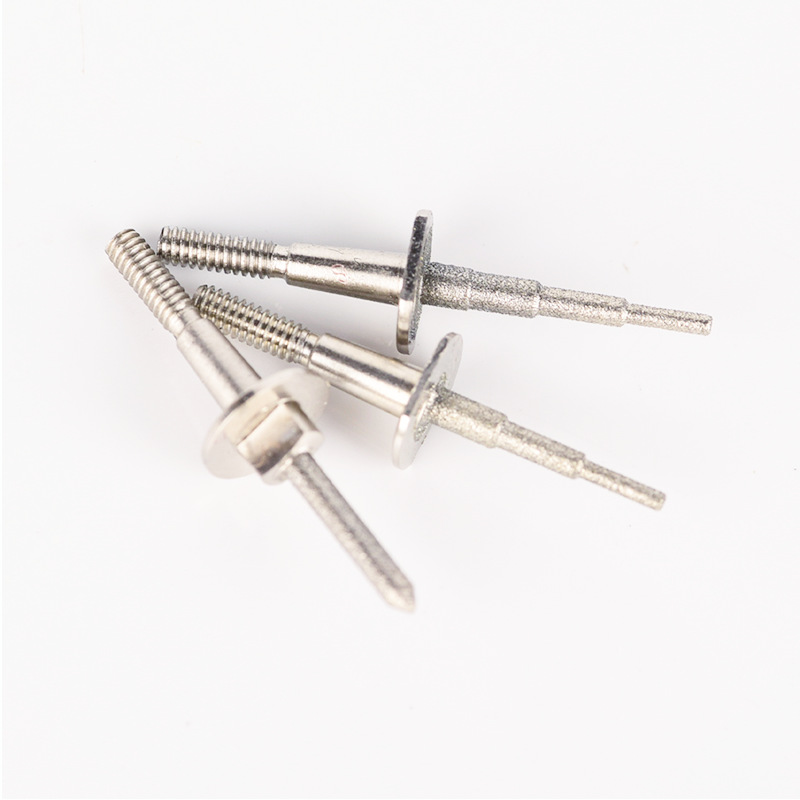
Step Bur Milling Bur Grinder for Glass Cerami
Product Information Origin Tianjing, China Shank Diameter 1.8 (mm) Brand MSK Scope Of Application CEREC3 Grinding Equipment Material Stainless Steel/Carbide Main Sales Areas […]
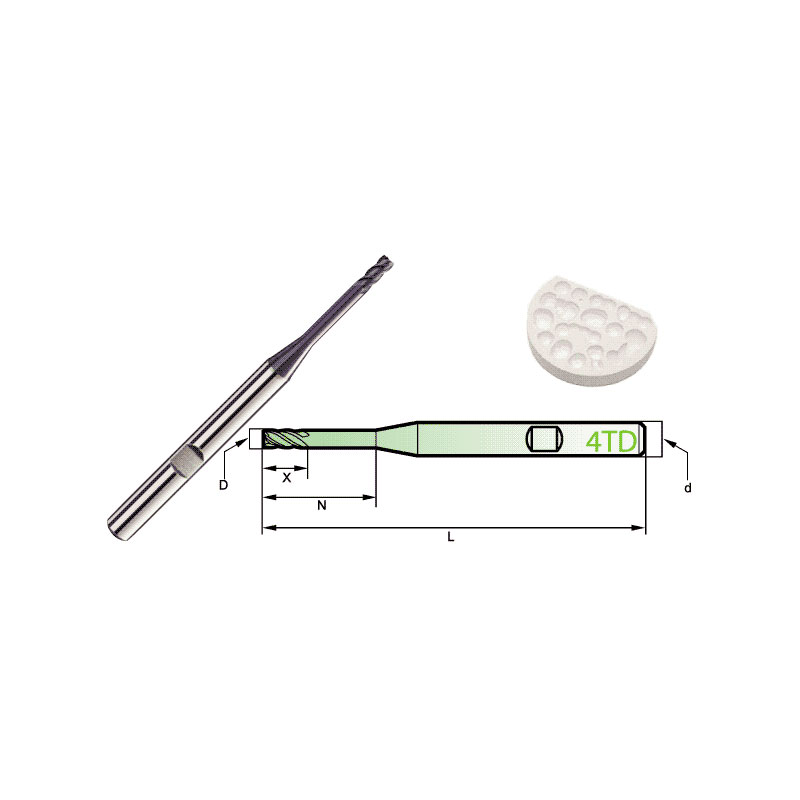
Carbide Roland CAD/CAM Burs
Product Information Origin Tianjing, China Brand MSK Number Of Blades 4 Product Name Dental Special 4-Blade End Mill Model D Number Of Blades Z X N L d 4TD2060HB 2 4 […]
Post time: 2023-07-04
